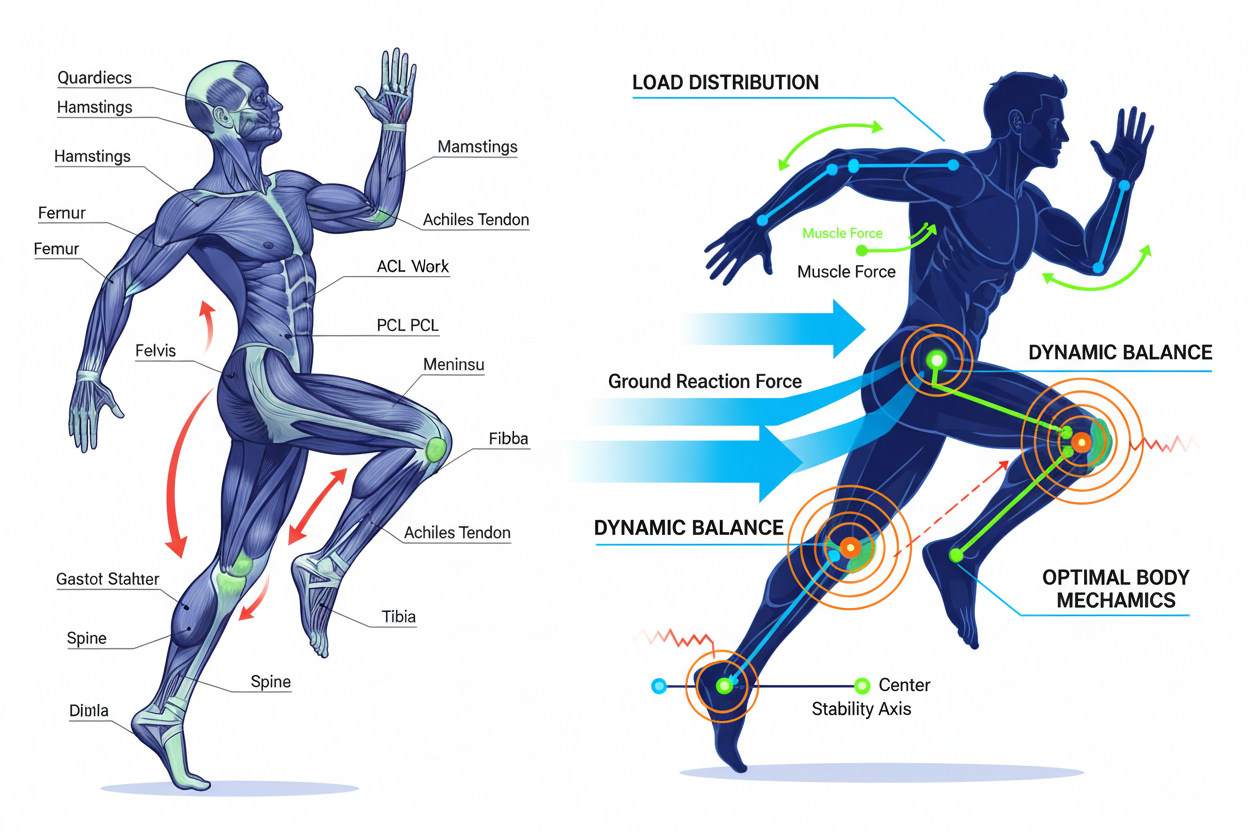
Low vitamin D levels in children increase the risk of asthma – is it caused by a lack of sunlight?
New research has revealed an interesting link between vitamin D levels in young children and the development of asthma later in life. A study published on PubMed found that children with low vitamin D levels at age 3 had a significantly higher risk of developing eosinophilic asthma, a specific type of asthma associated with increased immune system activity, by the age of six.
What exactly did the study find?
The study followed a total of 584 children who had experienced severe bronchiolitis (inflammation of the small airways) and were hospitalized because of it. The results clearly showed that children with vitamin D levels below 20 ng/ml had more than double the risk of developing asthma by age 6 compared to children with normal vitamin D levels (20-39.9 ng/ml).
Why is vitamin D so important?
Vitamin D plays a key role not only in maintaining healthy bones and teeth but also in supporting the immune system. A deficiency in this vitamin can cause the immune system to overreact, which may lead to allergic reactions and chronic diseases such as asthma.
What causes vitamin D deficiency in children?
Modern lifestyles may be a major reason why so many children suffer from vitamin D deficiency. Children today spend less time outdoors in natural sunlight. Parents often use sunscreens, hats, and other sun protection methods, which protect the skin from burns but also reduce vitamin D production in the skin. Additionally, frequent overheating of homes and bedrooms during winter months means children spend even less time outside.
How to naturally increase vitamin D levels in children?
• Regular outdoor time: Encourage children to play outside in the sun for at least 2 hours a day without sunscreen (of course, use common sense to avoid sunburn).
• Vitamin D-rich diet: Include more fish, eggs, and fortified foods in their meals.
• Use of appropriate supplements: Consider giving a quality vitamin D supplement, especially during the winter months when sunlight exposure is limited.
Conclusion – how to reduce the risk of asthma?
This study clearly shows that simple steps, such as regular outdoor time for children and lifestyle adjustments, can significantly help prevent the onset of asthma and other chronic diseases. Remember, maintaining adequate vitamin D levels is one of the key factors for healthy development and long-term health of your children.



Leave a comment
This site is protected by hCaptcha and the hCaptcha Privacy Policy and Terms of Service apply.